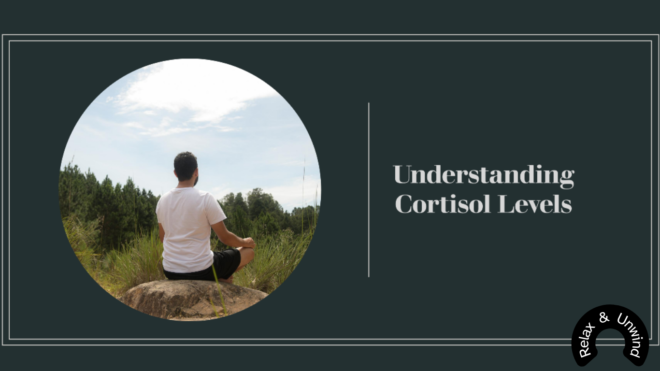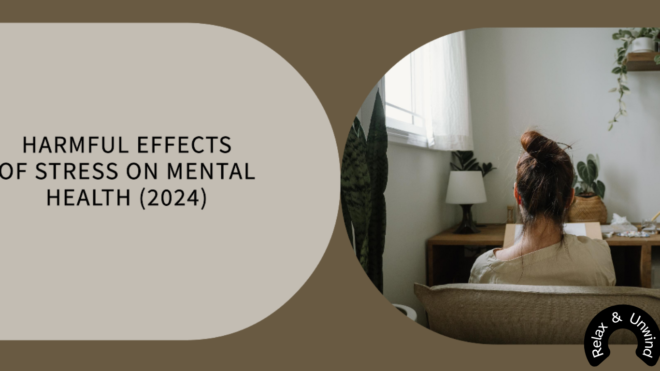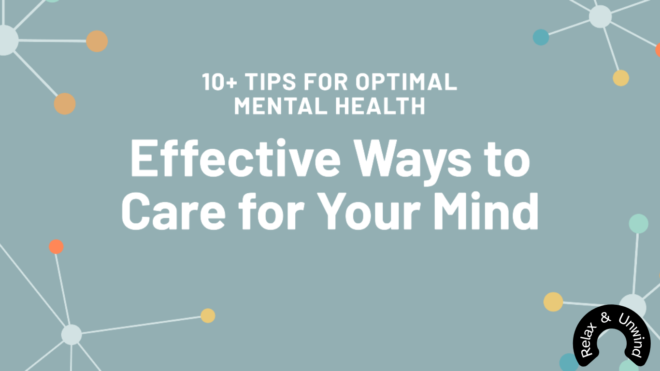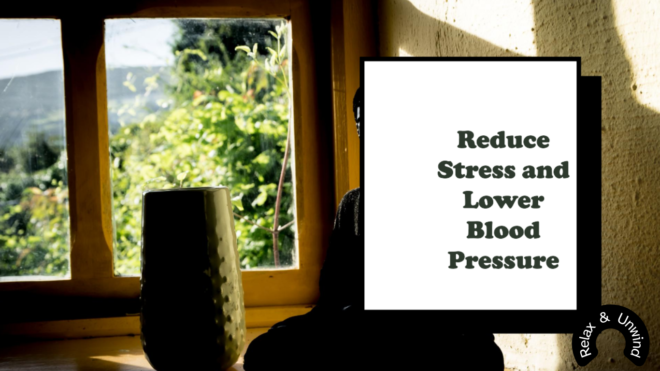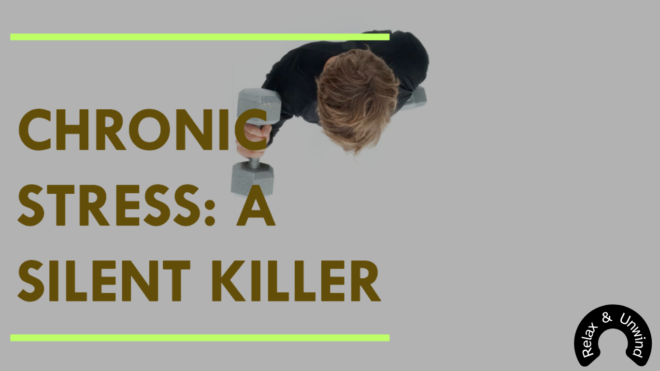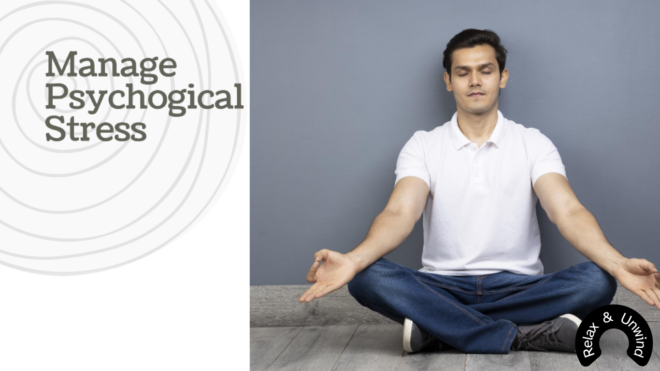Table of Contents
What is Cortisol?
Cortisol is a steroid hormone produced by the adrenal glands, which are situated on top of each kidney. It plays a crucial role in various bodily functions, including metabolism, immune response, and the regulation of blood pressure. Often referred to as the “stress hormone,” cortisol is released in response to stress or low blood glucose levels.
Its primary function is to mobilize energy stores in the body, particularly by increasing glucose levels in the bloodstream. In addition to its role in the stress response, cortisol also helps regulate sleep-wake cycles, influences memory formation, and has anti-inflammatory effects. While cortisol is essential for the body’s normal functioning, chronic or excessive cortisol levels due to prolonged stress can have negative effects on health, impacting immune function, metabolism, and contributing to conditions like hypertension and impaired cognitive function.
How Cortisol Levels fluctuates
Cortisol levels in the body fluctuate throughout the day in a pattern known as the circadian rhythm. Normally, cortisol levels are highest in the early morning, shortly after waking, and gradually decrease throughout the day, reaching their lowest point in the evening and early night. Normal range: <1.5 to 7 mcg/dL
The release of cortisol is influenced by various factors, including stress, physical activity, and the body’s internal clock. In response to stress, cortisol levels can spike, providing the body with an immediate energy boost and aiding in the “fight or flight” response.
Cortisol is controlled through a complex system known as the hypothalamic-pituitary-adrenal (HPA) axis, which involves interactions between the brain and adrenal glands. Here’s a simplified explanation of how cortisol is regulated by 4 interrelated regions
- Hypothalamus
- Pituitary Gland
- Adrenal Glands
- Negative Feedback Loop
Understanding Cortisol and Stress
Understanding the intricate relationship between cortisol and stress is paramount when delving into the realm of mental health. Cortisol, produced by the adrenal glands, is often referred to as the “stress hormone” because its release is triggered by stress. Stress can be physical, such as an injury, or psychological, such as work-related pressure. Thus, understanding the significance of stress reduction in managing cortisol levels is crucial in promoting overall mental health and wellbeing
Primary Functions of Cortisol in Body
- Cortisol is often referred to as the “stress hormone” because it plays a central role in the body’s response to stress.
- Cortisol helps regulate the metabolism of carbohydrates, fats, and proteins.
- Regulate the immune system by inhibiting inflammation and suppression.
- Maintains blood pressure
- Cortisol has potent anti-inflammatory properties.
- Help to maintain blood glucose levels during fasting or stress.
- Cortisol influences memory formation and cognitive function.
Is cortisol a stress hormone?
Yes, cortisol is often referred to as the “stress hormone.” It plays a central role in the body’s response to stress. When the body perceives a threat or experiences stress, the hypothalamus, a region of the brain, releases corticotropin-releasing hormone (CRH). This hormone signals the pituitary gland to release adrenocorticotropic hormone (ACTH), which, in turn, stimulates the adrenal glands to produce and release cortisol into the bloodstream.
Cortisol mobilizes energy resources, increases glucose levels in the blood, and readies the body for the “fight or flight” response during stressful situations. While cortisol is vital for survival and adaptation to stress, prolonged or chronic exposure to elevated cortisol levels can have negative effects on health, contributing to conditions such as anxiety, depression, and various physical health problems.
Consequences of having high Cortisol Level:
If you have chronically elevated levels of cortisol, it can have various negative effects on your health. Here are some potential consequences of having too much cortisol:
Impaired Immune Function:
High cortisol levels can suppress the immune system, making you more susceptible to infections and illnesses.
Weight Gain:
Cortisol is associated with increased appetite and the storage of fat, particularly in the abdominal area. Elevated cortisol levels may contribute to weight gain, especially around the midsection.
Metabolic Issues:
Chronic elevation of cortisol can lead to insulin resistance, a condition where the body’s cells become less responsive to insulin. This can contribute to metabolic problems, including an increased risk of type 2 diabetes.
Muscle and Bone Loss:
Excess cortisol can lead to the breakdown of muscle tissue and inhibit bone formation, potentially resulting in muscle weakness and decreased bone density.
Cognitive Impairment:
Prolonged exposure to high cortisol levels has been linked to cognitive problems, including difficulties with memory and concentration.
Sleep Disruptions:
Elevated cortisol levels, especially in the evening, can interfere with normal sleep patterns, leading to difficulties falling asleep or staying asleep.
Mood Disorders:
Too much cortisol is associated with an increased risk of mood disorders such as anxiety and depression. It can also contribute to irritability and mood swings.
Hypertension (High Blood Pressure):
Cortisol plays a role in regulating blood pressure. Chronic elevation of cortisol can contribute to hypertension, increasing the risk of cardiovascular problems.
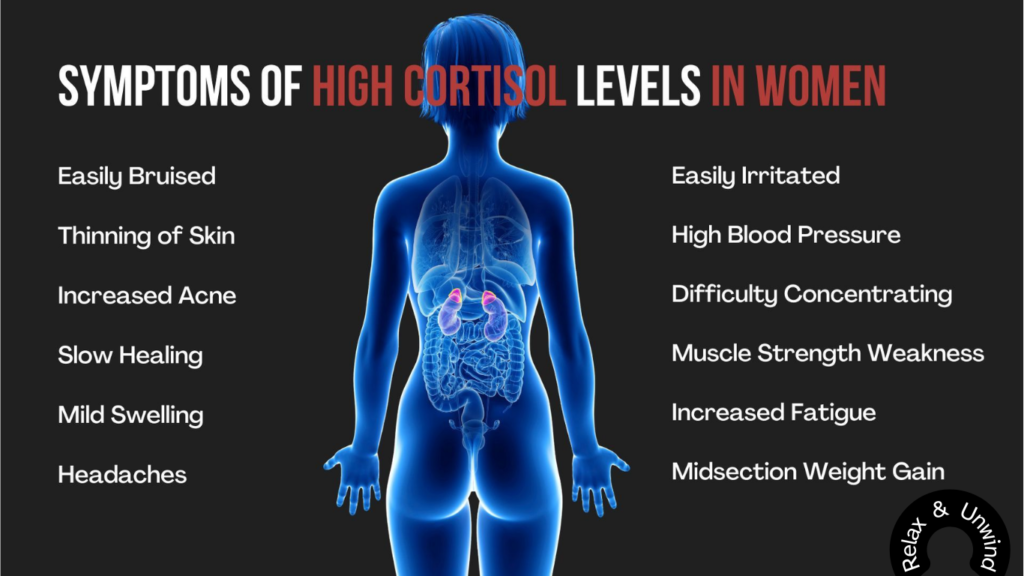
Digestive Issues:
Elevated cortisol levels may lead to digestive problems, including stomach ulcers, acid reflux, and changes in bowel habits.
Impaired Reproductive Health:
High cortisol levels can disrupt the normal functioning of reproductive hormones, potentially leading to menstrual irregularities in women and decreased libido in both men and women.
It’s important to note that the impact of elevated cortisol levels can vary among individuals, and the severity of these effects may depend on factors such as genetics, overall health, and the duration of elevated cortisol levels.
Consequences of Low Cortisol Level:
If you have too little cortisol, a condition known as hypocortisolism or adrenal insufficiency, it can lead to various health issues. The most common form of hypocortisolism is Addison’s disease. Here are some potential consequences of having too little cortisol:
Fatigue and Weakness:
Cortisol is involved in the regulation of energy metabolism. Insufficient levels can lead to fatigue, weakness, and a lack of energy.
Weight Loss:
A decrease in cortisol may lead to unintentional weight loss due to the breakdown of muscle protein and loss of appetite.
Low Blood Pressure:
Cortisol helps regulate blood pressure. Inadequate cortisol levels can result in low blood pressure, leading to dizziness, fainting, and a feeling of lightheadedness.
Salt Cravings:
Adrenal insufficiency can cause an imbalance in electrolytes, leading to cravings for salty foods.
Nausea and Vomiting:
Insufficient cortisol can lead to gastrointestinal symptoms, including nausea and vomiting.
Abdominal Pain:
Addison’s disease may cause abdominal pain, often accompanied by diarrhea.
Darkening of the Skin:
In some cases, individuals with adrenal insufficiency may experience hyperpigmentation, resulting in darkening of the skin, particularly in areas exposed to sun or pressure.
Hypoglycemia:
Cortisol helps regulate blood glucose levels. Too little cortisol can contribute to hypoglycemia (low blood sugar), leading to symptoms such as shakiness, confusion, and irritability.
Salt-Wasting Crisis:
In severe cases, adrenal insufficiency can lead to a salt-wasting crisis, characterized by dangerously low levels of sodium in the blood. This is a medical emergency and requires immediate attention.
Dehydration:
Inadequate cortisol can impair the body’s ability to retain water, leading to dehydration.
How can I maintain my cortisol levels?
Maintaining balanced cortisol levels is crucial for overall health and well-being. Here are some lifestyle practices and strategies that may help regulate cortisol levels:
Adequate Sleep:
Prioritize quality sleep by aiming for 7-9 hours per night. Establish a consistent sleep schedule, create a relaxing bedtime routine, and ensure your sleep environment is comfortable.
Regular Exercise:
Engage in regular physical activity, incorporating a mix of aerobic exercise, strength training, and flexibility exercises. However, avoid excessive or intense exercise close to bedtime.
Healthy Diet:
Consume a well-balanced diet with an emphasis on whole foods, including fruits, vegetables, lean proteins, and whole grains. Avoid excessive caffeine intake and refined sugars.
Stress Management Techniques:
Practice stress-reducing activities such as mindfulness meditation, deep breathing exercises, yoga, or progressive muscle relaxation to help manage and reduce stress.
Social Connections:
Cultivate and maintain positive social connections. Spending time with supportive friends and family can contribute to emotional well-being and stress reduction.
Time Management:
Develop effective time management skills to prioritize tasks and avoid feeling overwhelmed. Break down tasks into manageable steps and set realistic goals.
Limit Stimulants:
Reduce the consumption of stimulants such as caffeine and nicotine, especially in the hours leading up to bedtime, as they can impact sleep quality.
Hydration:
Stay well-hydrated by drinking an adequate amount of water throughout the day. Dehydration can contribute to stress on the body.
Sunlight Exposure:
Spend time outdoors and expose yourself to natural sunlight, especially in the morning. Sunlight exposure helps regulate the body’s circadian rhythm.
Relaxation Techniques:
Incorporate relaxation techniques such as reading, listening to calming music, or taking a warm bath into your daily routine.
Balanced Meal Timing:
Maintain regular meal timing and avoid skipping meals. Balanced and regular meals help stabilize blood sugar levels, which can influence cortisol regulation.
Limit Screen Time Before Bed:
Reduce exposure to screens (phones, computers, TVs) before bedtime, as the blue light emitted can interfere with the production of the sleep hormone melatonin.
Herbal Teas:
Certain herbal teas, such as chamomile or valerian root, are known for their calming effects and may help promote relaxation.
Professional Support:
If stressors persist or if you’re experiencing chronic symptoms related to cortisol imbalance, consider seeking support from a healthcare professional, such as a doctor or a mental health professional.
Remember that individual responses to lifestyle interventions can vary, and it may take time to find the combination of strategies that works best for you. Making these changes gradually and consistently can contribute to maintaining balanced cortisol levels and supporting overall health.
In summary, cortisol is a hormone that plays a crucial role in the body’s stress response, and its release is triggered by various stressors or challenging situations.
FAQs
Can cortisol levels be too low, and what are the implications of low cortisol?
Yes, low cortisol levels, known as hypocortisolism, can have implications such as fatigue, weight loss, and mood disturbances. Identifying and addressing the underlying causes are crucial for effective management.
How does chronic stress impact cortisol levels, and can it lead to adrenal fatigue?
Chronic stress can elevate cortisol levels initially, but prolonged stress may eventually lead to a dysregulation known as adrenal fatigue. This state is characterized by reduced cortisol production and can have wide-ranging effects on well-being.
Can lifestyle changes alone effectively balance cortisol levels, or is medical intervention necessary?
Lifestyle changes, including stress management, sleep improvement, and healthy habits, play a significant role in cortisol balance. In cases of persistent imbalances or underlying health issues, medical intervention may be necessary for comprehensive management.
Is cortisol solely a stress hormone, or does it have other functions in the body?
While cortisol is commonly associated with the stress response, it serves various functions, including regulating metabolism, influencing immune function, and aiding in the body’s response to inflammation.
How quickly do cortisol levels respond to lifestyle changes, such as improved sleep and stress reduction?
Cortisol levels can respond relatively quickly to lifestyle changes. Improved sleep and stress reduction may yield noticeable effects within weeks, contributing to a more balanced cortisol profile.
